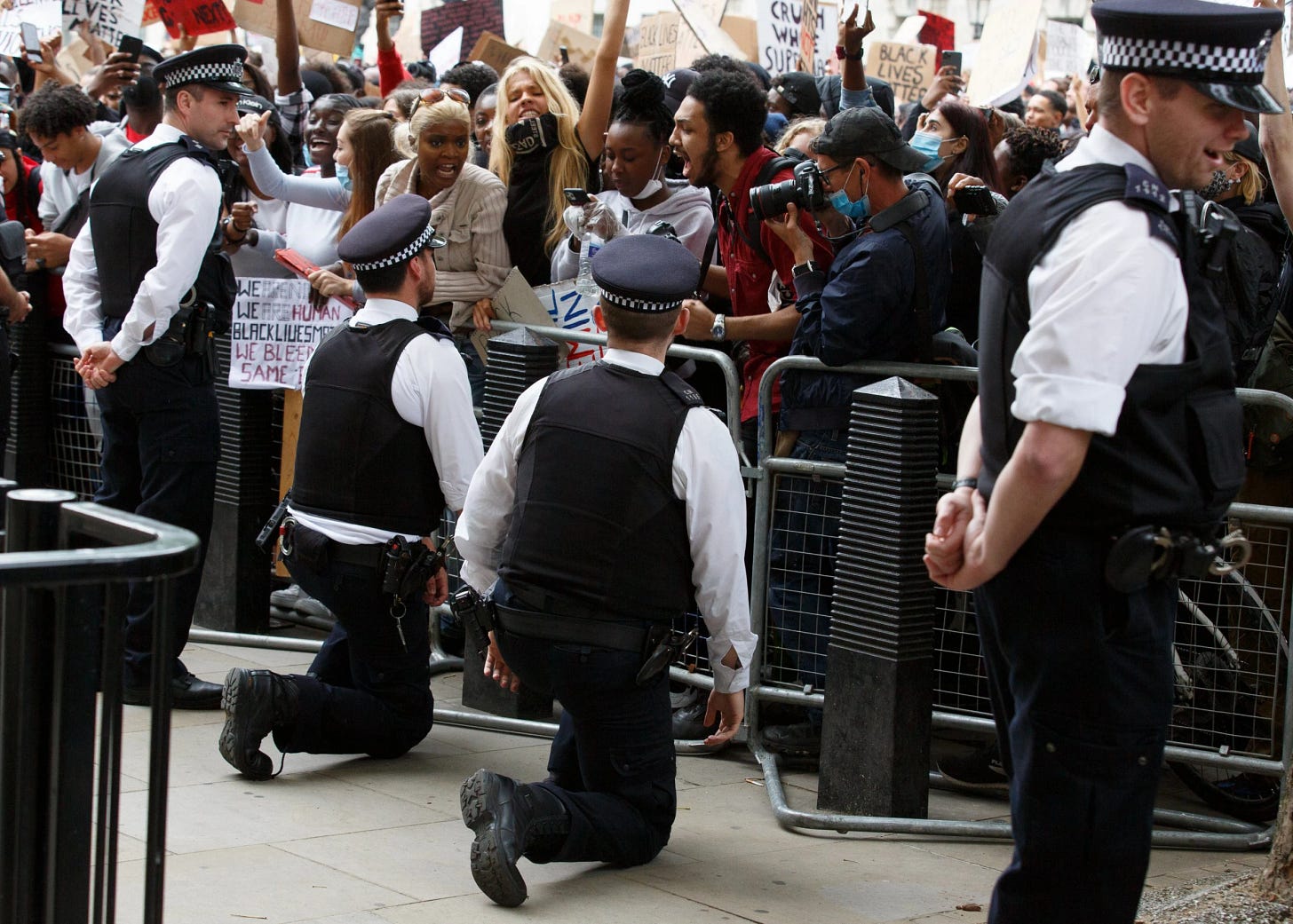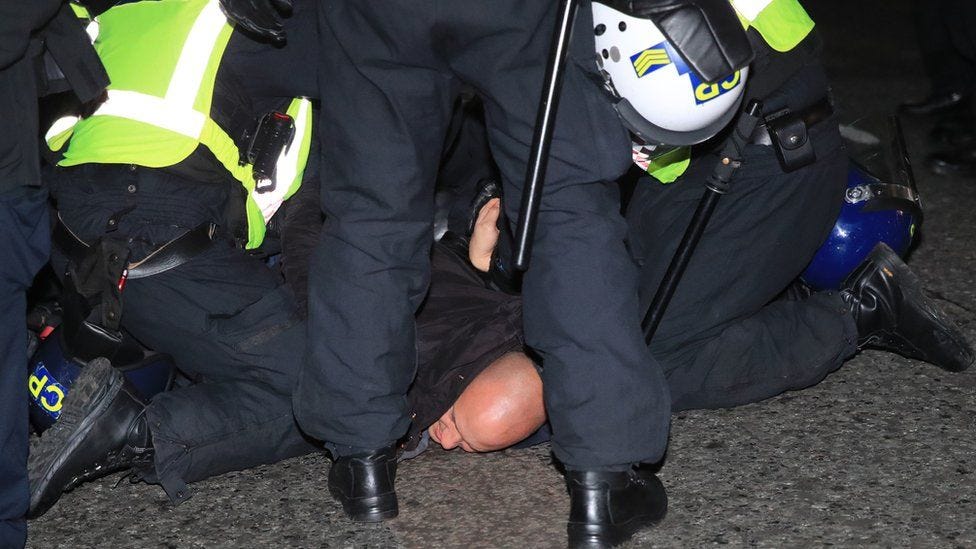I, For One, Welcome Our New Labour Overlords
If you have been living under a rock or simply made the wise decision to spend last weekend enjoying time with family, gardening or doing whatever it is normal people do, you may have missed the rapid sequence of events that has almost certainly secured a landslide for Keir Starmer’s Labour Party at the next election.
It started, as political crises increasingly do, with a politician who was prepared to say something that is extremely controversial by virtue of it being true.
Suella Braverman, then Home Secretary, penned an “inflammatory” article in the Times on Wednesday in which she made a few statements of the bleeding obvious.
What was it about her comments that so disrupted the fragile fabric of our society? What did she say that had the media elite so incandescent with rage, choking on their quinoa salads as they tweeted their way into an aneurysm?
Braverman dared to suggest that the police are not enforcing the law in a balanced way. As an example, she raised the disparity between the way BLM protestors were policed during the summer of 2020 when coppers routinely kneeled in front of them:
…and the way anti-lockdown protestors were treated only months later when the police kneeled on them:
So far, so inflammatory. She also went on to say that the public expect to see upcoming anti-Israel protests in London to be properly policed. Booooooo!
But how did we get from Braverman’s article to Prime Minister Rishi Sunak sacking her, appointing David Cameron (yes, you read that right) as Foreign Secretary and torpedoing his party’s chances of even being competitive at the next election?
If you are asking this question, you are suffering from a fundamental misunderstanding of how our media and political systems work.




